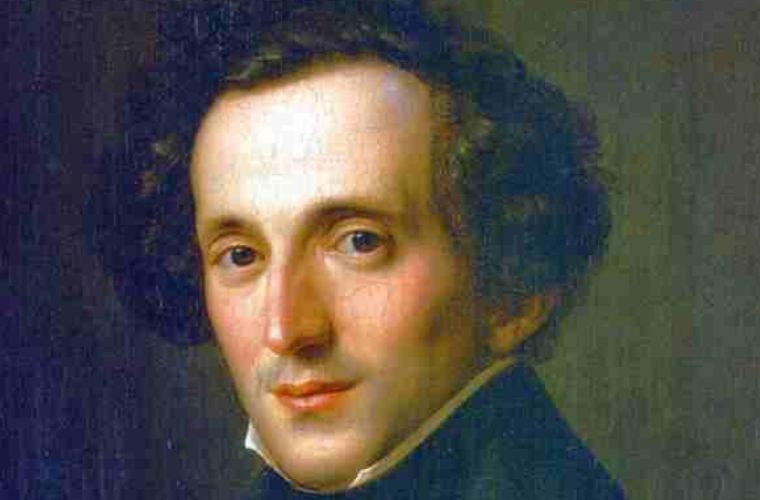Felix Mendelssohn, (born Feb. 3, 1809, Hamburg—died Nov. 4, 1847, Leipzig), German composer. Grandson of the philosopher Moses Mendelssohn, he grew up in a wealthy Jewish family that had converted to Protestantism. He began to compose at age 11; at 16 he wrote his first masterpiece, the String Octet in E Flat Major (1825), followed by the Overture to A Midsummer Night’s Dream (1826). In 1829 he conducted the first performance in 100 years of Johann Sebastian Bach’s St. Matthew Passion, greatly contributing to the Bach revival. His Reformation (1832) and Italian (1833) symphonies date from this period. He observed Classical models and practices while initiating key aspects of Romanticism, which exalted emotions and the imagination above rigid forms and traditions. In his last decade he produced great works such as the Scottish Symphony (1842), the violin concerto (1844), and the oratorio Elijah (1846). His beloved sister, Fanny Mendelssohn Hensel (1805–47), had been considered his equal in musical talent as a girl, composing over 500 works. Her death was a severe shock to Mendelssohn; years of overwork simultaneously caught up with him, and he died six months after her.

